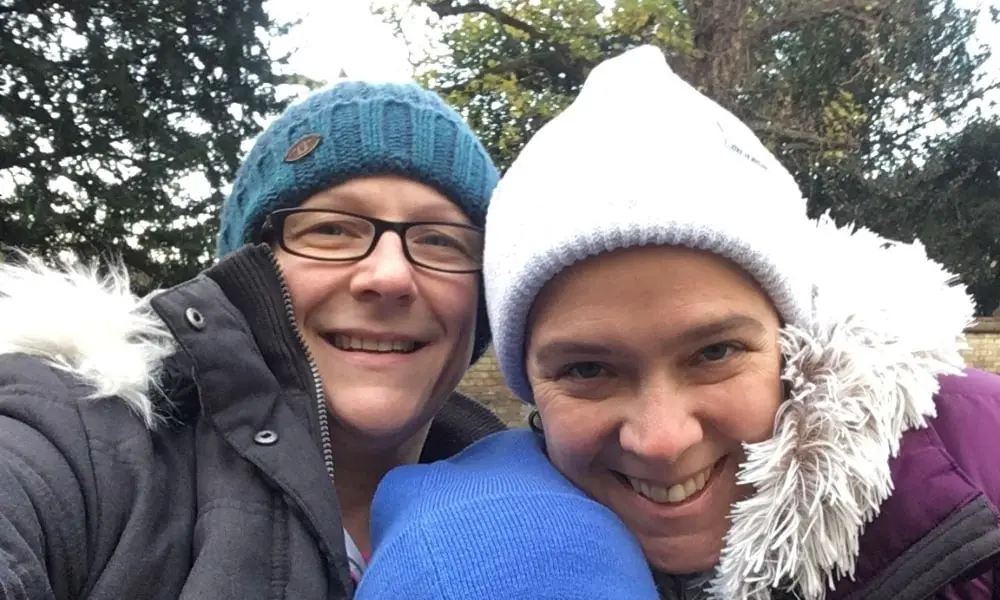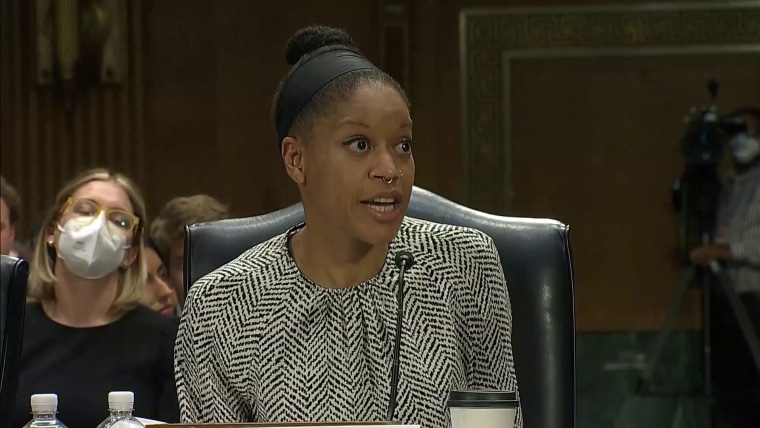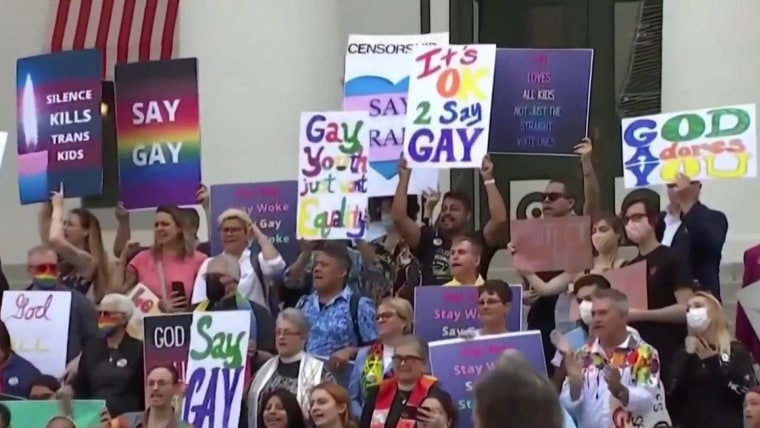Queer mum forced to adopt her own child after being refused birth certificate wins High Court case
A queer mother who was forced to adopt her own child after a registrar refused to put her on the birth certificate has won her legal battle.
Sarah Osborne, 48, and Helen Arnold, 48, welcomed a child together via in-vitro fertilisation (IVF) in 2014.
But they were told by the Cambridge Register Office that Osborne could not be listed on the child’s birth certificate as there “could only be one mother”.
Only if Osborne was the father, which she “clearly wasn’t”, the registrar quipped, could her name have been added.
The registrar said Osborne would have to “adopt” her own child to be their legal guardian, despite both mothers signing consent forms to give Osborne parenthood rights.
“The disrespectful, indignant and flippant attitude of the registrar made me feel stupid for asking or expecting to be named as a parent and I wasn’t worthy of such official recognition, as if I was a random stranger off the street,” Osborne said in a statement.

On Friday (15 July), High Court judge Alistair MacDonald quashed both the couple’s adoption order and the inaccurate birth certificate.
This means the couple is now free to request a new birth certificate for their child with both their names printed.
MacDonald said: “I am certain that it has caused great stress and upset and I hope that by making the order today can bring a form of closure to them.”
For Osborne, the court’s decision brings to end years of uncertainty and frustration for her family.
“We are delighted that we have finally had this erroneous adoption order quashed and look forward to being registered, as I always have been, as the parent of my child,” she said.
“At the same time, we are very angry and deeply disappointed that we have had to fight so hard to put right Cambridgeshire County Council’s failures and get the adoption order revoked.
“It’s a travesty that we have had to go through this process all the way to the High Court, simply to get my right of being recognised as our child’s parent.”
As her only option was to adopt her child, as if she were their stepparent, Osborne spent much of 2015 being scrutinised by social workers, a process she said was humiliating at best.
“In those moments I felt the pride and identity of being a mother stripped away from me by the registrar’s hostile, dismissive and inconsiderate comments which were devastating,” she said.
“I was, am and always have been, my child’s mother.”
Ipswich Family Court granted Osborne an adoption order in December 2015. But no council officials during the year-long process questioned why Osborne had not been added to the birth certificate as a parent in the first place.
Arnold said having to explain to their child that they were technically adopted left them rattled.
“The fact that our child has two mums already sets them apart already represents something they need to learn to adapt to, explain and accept,” she said.
“Knowing that they were also ‘adopted’ was an added layer of complexity and was potentially very damaging to them and fails to reflect the reality of their life.”
Under British law, lesbian couples undertaking fertility treatment can have both their names added to birth certificates as long as one is the “birth mother”.
This is automatically done if they are married or in a civil partnership. If they aren’t, both halves of the couple must formally consent before seeking out fertility treatment.
The requirement that those who give birth to children must be listed as “mothers” has posed hurdles for trans parents too.
The Births and Deaths Registration Act 1953 has long prevented trans men and non-binary birthing people from being accurately listed as their child’s parents. Some activists argue that birth certificates should be gender-neutral instead.
And if it can happen to Osborne and Arnold, there’s no telling how many other LGBTQ+ families have faced similar discrimination, warned Jeremy Ford a partner at The Cambridge Family Law Practice (CFLP), who represented the couple.
Ford said: “For Sarah and Helen, this should have been the simple and happy process of registering the birth of their child. Instead, compounded mistakes snowballed into contriving an utterly false birth record for their child and their family.
“It is heartbreaking that Sarah, the rightful parent of her and Helen’s child, had to go through the intrusive and needless adoption process.”
Marisa Allman, barrister for the couple at 36 Family, added: “The whole episode has been extremely traumatic for them and I am delighted by today’s judgment which I hope will mean they can move on with their lives as a family.
“They should be commended for waiving their anonymity and bringing this issue to national attention as there may be other couples who have suffered the same injustice who can now take action themselves to ensure that the birth register reflects the reality for their family.”
Around four in 10 LGBTQ+ people who have had children say they experienced challenges when starting their family, according to a Stonewall survey.





